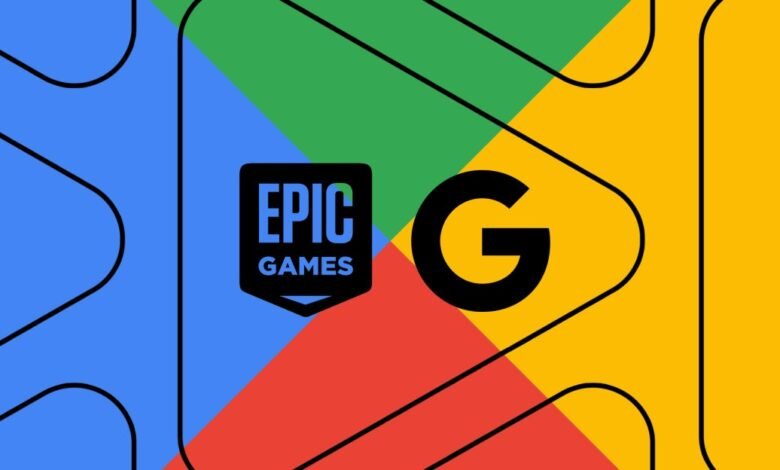Supreme Court Lets Epic’s Antitrust Case Against Google Proceed

▼ Summary
– The US Supreme Court denied Google’s request for a partial stay, requiring the company to comply with a permanent injunction by October 22, 2025.
– Google must allow Android developers to use alternative payment methods and inform users about payment options outside the Google Play Store.
– Developers will be permitted to link to external app downloads and set their own prices without Google’s restrictions.
– Google is prohibited from offering incentives for Play Store exclusivity and must work with Epic Games on integrating rival app stores.
– Google plans to appeal the decision but has committed to complying with legal obligations while expressing concerns about user safety.
The US Supreme Court has declined to intervene in the antitrust lawsuit between Epic Games and Google, allowing a lower court’s injunction to stand. This decision means Google must implement significant changes to its Google Play Store policies by a court-imposed deadline. The ruling represents a pivotal moment for mobile app market competition and developer rights.
Under the terms of the permanent injunction, Google faces several mandatory requirements. The company must cease forcing developers to use Google Play Billing for transactions and permit Android developers to inform users about alternative payment options directly within the Play Store. Additionally, developers gain the right to include links directing users to download their applications from external sources outside Google’s marketplace. The injunction further prohibits Google from offering financial incentives to phone manufacturers, carriers, or other developers in exchange for Google Play exclusivity or preinstallation agreements.
Epic Games has confirmed that Google must complete these changes by October 22nd, 2025. Epic CEO Tim Sweeney announced that starting on this date, “developers will be legally entitled to steer US Google Play users to out-of-app payments without fees, scare screens, and friction – same as Apple App Store users in the US!”
While Google has not provided specific details about its implementation plans, company spokesperson Dan Jackson stated that Google intends to meet its legal obligations. Jackson expressed disappointment that the Supreme Court didn’t grant a stay but confirmed the company would continue its appeal process. He emphasized Google’s position that “Android provides more choice for users and developers than any mobile OS, and the changes ordered by the US District Court will jeopardize users’ ability to safely download apps.”
The legal timeline creates a complex situation for both companies. Google plans to file a full appeal with the Supreme Court by October 27th, 2025, which falls after the compliance deadline. Meanwhile, Judge James Donato, who originally issued the injunction, has scheduled an October 30th hearing where both parties must demonstrate their compliance progress.
The Supreme Court could still choose to hear Google’s appeal after the October 22nd deadline passes, creating potential uncertainty about the long-term status of these policy changes. This ongoing legal battle continues to shape the future landscape of digital marketplaces and antitrust enforcement in the technology sector.
(Source: The Verge)





